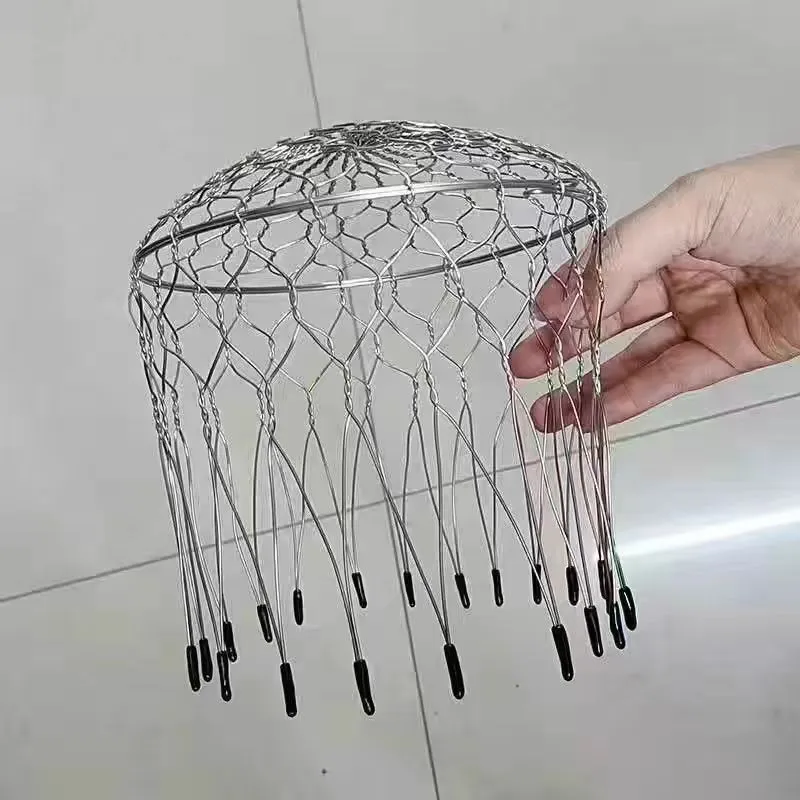-
 Afrikaans
Afrikaans -
 Albanian
Albanian -
 Amharic
Amharic -
 Arabic
Arabic -
 Armenian
Armenian -
 Azerbaijani
Azerbaijani -
 Basque
Basque -
 Belarusian
Belarusian -
 Bengali
Bengali -
 Bosnian
Bosnian -
 Bulgarian
Bulgarian -
 Catalan
Catalan -
 Cebuano
Cebuano -
 China
China -
 Corsican
Corsican -
 Croatian
Croatian -
 Czech
Czech -
 Danish
Danish -
 Dutch
Dutch -
 English
English -
 Esperanto
Esperanto -
 Estonian
Estonian -
 Finnish
Finnish -
 French
French -
 Frisian
Frisian -
 Galician
Galician -
 Georgian
Georgian -
 German
German -
 Greek
Greek -
 Gujarati
Gujarati -
 Haitian Creole
Haitian Creole -
 hausa
hausa -
 hawaiian
hawaiian -
 Hebrew
Hebrew -
 Hindi
Hindi -
 Miao
Miao -
 Hungarian
Hungarian -
 Icelandic
Icelandic -
 igbo
igbo -
 Indonesian
Indonesian -
 irish
irish -
 Italian
Italian -
 Japanese
Japanese -
 Javanese
Javanese -
 Kannada
Kannada -
 kazakh
kazakh -
 Khmer
Khmer -
 Rwandese
Rwandese -
 Korean
Korean -
 Kurdish
Kurdish -
 Kyrgyz
Kyrgyz -
 Lao
Lao -
 Latin
Latin -
 Latvian
Latvian -
 Lithuanian
Lithuanian -
 Luxembourgish
Luxembourgish -
 Macedonian
Macedonian -
 Malgashi
Malgashi -
 Malay
Malay -
 Malayalam
Malayalam -
 Maltese
Maltese -
 Maori
Maori -
 Marathi
Marathi -
 Mongolian
Mongolian -
 Myanmar
Myanmar -
 Nepali
Nepali -
 Norwegian
Norwegian -
 Norwegian
Norwegian -
 Occitan
Occitan -
 Pashto
Pashto -
 Persian
Persian -
 Polish
Polish -
 Portuguese
Portuguese -
 Punjabi
Punjabi -
 Romanian
Romanian -
 Russian
Russian -
 Samoan
Samoan -
 Scottish Gaelic
Scottish Gaelic -
 Serbian
Serbian -
 Sesotho
Sesotho -
 Shona
Shona -
 Sindhi
Sindhi -
 Sinhala
Sinhala -
 Slovak
Slovak -
 Slovenian
Slovenian -
 Somali
Somali -
 Spanish
Spanish -
 Sundanese
Sundanese -
 Swahili
Swahili -
 Swedish
Swedish -
 Tagalog
Tagalog -
 Tajik
Tajik -
 Tamil
Tamil -
 Tatar
Tatar -
 Telugu
Telugu -
 Thai
Thai -
 Turkish
Turkish -
 Turkmen
Turkmen -
 Ukrainian
Ukrainian -
 Urdu
Urdu -
 Uighur
Uighur -
 Uzbek
Uzbek -
 Vietnamese
Vietnamese -
 Welsh
Welsh -
 Bantu
Bantu -
 Yiddish
Yiddish -
 Yoruba
Yoruba -
 Zulu
Zulu
Durable Plastic Netting Solutions for Enhancing Plant Growth and Protection
Plastic netting for plants is an increasingly popular tool in gardening and agriculture, providing support, protection, and organization for a variety of plant species. This versatile material is made from durable plastic fibers that are woven together to create a lightweight yet strong mesh structure. Its applications range from supporting climbing plants to protecting young seedlings from pests and harsh weather conditions.
One of the primary benefits of using plastic netting in gardening is its structural support. Climbing plants, such as tomatoes, cucumbers, and beans, require adequate support to grow upright and maximize their yield. Plastic netting provides a sturdy framework for these plants to latch onto, allowing them to reach their full potential. By encouraging vertical growth, gardeners can save space and improve air circulation, which reduces the risk of fungal diseases.
In addition to support, plastic netting serves as a protective barrier. Young plants are vulnerable to damage from insects, birds, and harsh weather. By installing plastic netting around seedlings, gardeners can create a protective environment that shields them from pests while still allowing sunlight and rain to nourish them. This can be particularly beneficial during the early stages of a plant's life when they are most susceptible to external threats.
plastic netting for plants

Furthermore, plastic netting is highly customizable and comes in various sizes and configurations. Gardeners can easily cut and shape the netting to fit specific areas or to create distinct growing sections within their gardens. This adaptability enables effective space management, making it possible to cultivate different plants in close proximity without compromising their growth conditions.
Another advantage of plastic netting is its longevity. Unlike some organic materials, plastic netting does not deteriorate as quickly, providing a long-term solution for plant support and protection. It is also resistant to moisture and weather elements, making it suitable for a variety of climate conditions.
In conclusion, plastic netting for plants is an essential tool for both amateur and professional gardeners. Its ability to provide support, protection, and customization makes it invaluable in promoting healthy plant growth. Whether you are cultivating a vegetable garden or nurturing ornamental plants, utilizing plastic netting can lead to a more organized, flourishing, and resilient garden. By integrating this practical solution, gardeners can enhance their planting efforts and ultimately enjoy greater yields and healthier plants.
-
Shipping Plastic Bags for Every NeedNewsJul.24,2025
-
Safety Netting: Your Shield in ConstructionNewsJul.24,2025
-
Plastic Mesh Netting for Everyday UseNewsJul.24,2025
-
Nylon Netting for Every UseNewsJul.24,2025
-
Mesh Breeder Box for Fish TanksNewsJul.24,2025
-
Expanded Steel Mesh Offers Durable VersatilityNewsJul.24,2025











